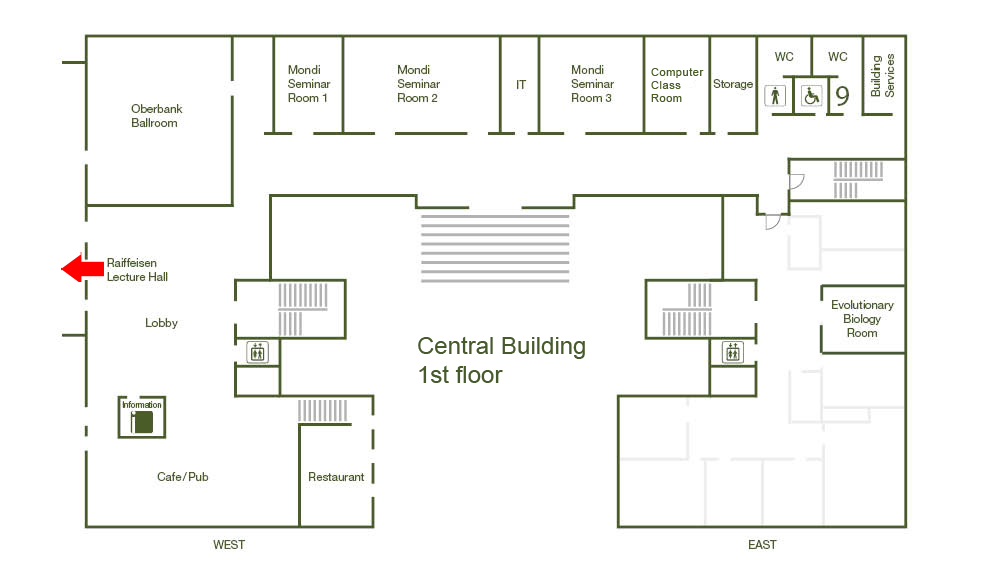Senior-ISTA Colloquium

Sylvia Cremer
Social immunity: protecting the colony from disease
Like any organism, ants, termites and other social insects defend themselves against pathogen infection by their individual immune system. In addition, they protect their colony by “social immunity”, reached by cooperative actions of colony members to reduce the risk of infection and disease transmission. As such, social insects perform mutual sanitary care, provide infection treatment and modulate the colony’s social interaction network. Importantly, individual and social immunity closely interact, as sanitary care often boosters the caregiver’s immune system, increasing its future disease resistance. Likewise, different disease susceptibility affects how individuals perform sanitary care. We study the mechanisms of this cooperative disease defence, its epidemiological consequences and how it affects the coevolution with their pathogens.
László Erdös
Universality phenomena in non-Hermitian random matrices
Eugene Wigner’s fundamental discovery from the 1950’s asserts that the energy level statistics of any sufficiently complex quantum system exhibits a new type of universal behaviour, called the Wigner-Dyson-Mehta universality. Most research in random matrices in the last decades focused on the original Hermitian version of this paradigm. More recently we initiated a systematic study of the analogous questions for non-Hermitian matrices that I will report on.